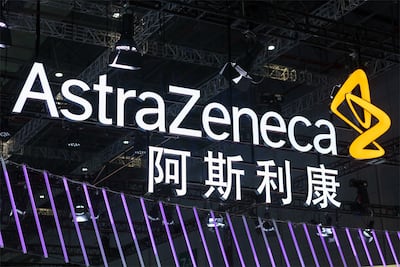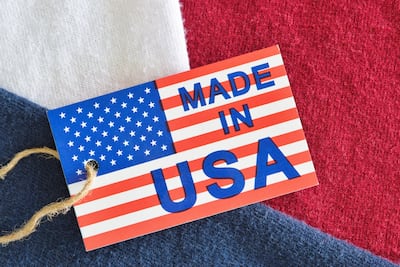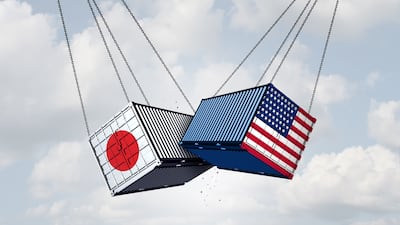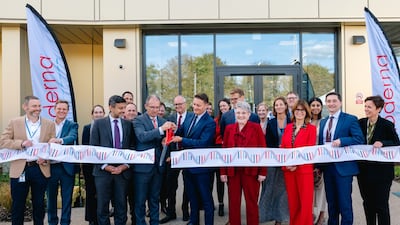Manufacturing
While China is already a key market for AstraZeneca, the UK-based firm has announced a $15bn investment commitment in the country to boost its capabilities in cell therapy and radioconjugates.
Lanreotide supply issues cloud Cipla’s Q3 FY26 earnings, with impact seen in Q4 as well, though pipeline assets augur well for US growth continuity. Perpetual rights to Novartis’s Galvus effective Jan 1, seen adding momentum to India diabetes gains.
Zydus is to gain from a world-first nod for a Menkes disease drug in the US amid speculation on a deal to acquire Ardelyx. Scrip examines how Zycubo approval, Agenus’s oncology BOT/BAL combination progress and a Formycon partnership help the Indian major
Scrip Asks... What Does 2026 Hold For Biopharma? Part 2: Competitive Dynamics – A Landscape Reshaped
Industry leaders predict that competitive dynamics in 2026 will be fundamentally reshaped by China's speed and cost advantages, forcing western biopharma to rethink what it takes to win. Meanwhile, the sustainability of traditional biotech's role as innovation middleman is called into question.
A year after Valneva entered a tech transfer agreement for its chikungunya vaccine with Serum Institute, the deal has been called off. Regulatory approvals for the vaccine in Asia are yet to be obtained and the biologics license for Ixchiq remains suspended in the US. What happens hereon?
There has not been a dull moment in the biopharma sector this year. With just a day left, and in no particular order, Scrip takes a look at five of the biggest stories of 2025.
The consolidation of Biocon-BBL is expected to unlock value, deliver operational synergies and provides BBL’s minority shareholders an 'earlier liquidity event'. Investor Viatris also signals accelerated expiration of biosimilars non-compete restrictions.
The Paris-headquartered giant has put the spotlight on its extensive investments at home.
The CEOs of two early-stage biotechs explain to Scrip why investor interest in ocular gene therapies is surging and how they aim to attract big pharma partners.
CRDMOs, CDMOs and GCCs are driving partnering and invigorating the wider ecosystem as India moves up the innovation value chain. CRDMOs are moving well beyond traditional outsourcing roles, a new report shows.
As pressure mounts to cut costs, reduce environmental impact, and accelerate development, pharmaceutical innovators are rethinking how medicines are made. A new generation of technologies—flow chemistry, biocatalysis, high-throughput experimentation (HTE), and advanced automation—is reshaping the fu
Deal Snapshot: Eli Lilly has become increasingly interested in genetic treatments for the eye and has secured the rights to a high-profile gene therapy for a rare form of childhood blindness.
The drugmaker announced it would work with the tech giant to deploy a supercomputer that it will use to train AI models and enhance drug discovery, development and manufacturing.
Dr. Reddy's doesn’t fully rule out "queries" from the Canadian regulator for generic semaglutide, though it is confident of selling “all its capacity” for the GLP-1 across target markets. A backup CMO site in the US for abatacept is expected to mitigate risks amid tariff and other uncertainties.
Hear experts Matthieu Culié and Alessandro Agosti as they discuss how Olon stands out in a competitive landscape through its fully integrated end-to-end ADC manufacturing expertise, global operations, impurity control and strategic facilities.
The US FDA’s 'Official Action Indicated' tag on Novo Nordisk’s Catalent Indiana plant has led analysts to push their approval timelines for pending applications by Regeneron and Scholar Rock.
Lupin’s plan for a manufacturing unit in the US follows Trump’s threat of tariffs on branded or patented drugs unless a company is “building” a plant in the US. Will similar investments from Indian firms follow?
After tough negotiations which won the country a lower US levy on pharmaceuticals, there still appears to be some confusion within the Japanese government following President Trump's latest announcement on global pharma tariffs.
Leaders from Eli Lilly, Novo Nordisk, Biocon, Dr Reddy’s and Levim discuss the huge India market potential for GLP-1s. Executives from the Indian firms also outlined efforts to build supply chain stability and cost-efficiency for products like semaglutide.
Doors open at £150m vaccine facility which forms part of a £1bn investment in the country on the part of Moderna, as other firms head for the exit.




















